City archive
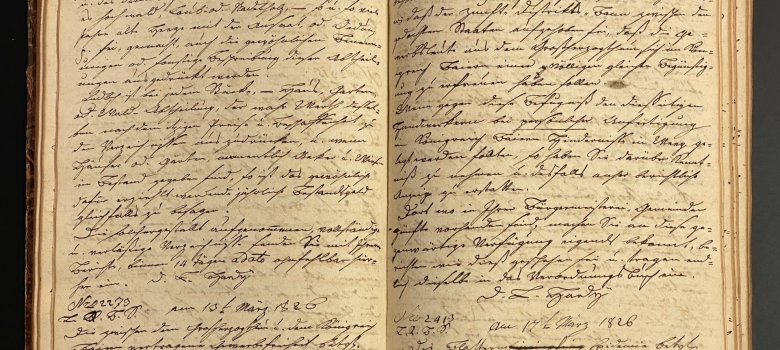
The memory of our city
The Rodgau town archive permanently preserves documents of particular historical, legal and cultural importance and makes them available for research, administration and interested citizens. Around 1,000 metres of archives from the 18th century onwards provide a valuable source of information on the town's history. The focus is on the holdings from the second half of the 19th century up to the regional reform in 1977.
Tasks of the city archive
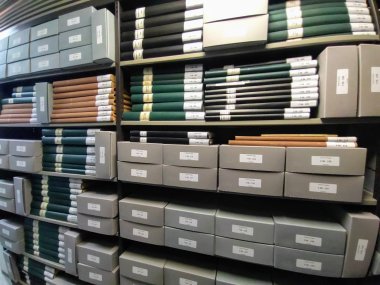
Public archive material is a national cultural asset. Against this background, the city archive collects, catalogues and secures documents of lasting value and contributes to the research, knowledge and communication of the city's history. As part of the democratic constitutional state, it also enables transparency and traceability of administrative action. In addition to the official records, it collects archive material from civil society and private sources.
The legal basis for this is the Hessian Archive Act and the archive statutes of the town of Rodgau.
Archive utilisation
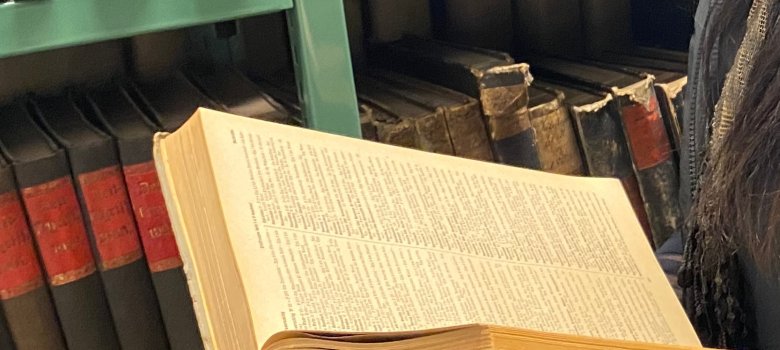
Who can use the city archive?
The city archive is open to the public for all interested parties. The application for use and, if necessary, an application to reduce the protection period can be made in advance or directly during your visit to the city archive.
What can the city archive be used for?
Here you can find information on the history of the town, research your family history or find out about earlier developments in the town. The archive can also provide valuable sources for academic or scientific work.
The team at the city archive will be happy to advise you on your research.
Where does the utilisation take place?
Archival records can only be viewed in the reading area of the city archive. In addition, information and reproductions can be sent by e-mail or post.
Is there a charge for use?
- Access to the archive and library material is free of charge for the entire duration of use.
- Fees may apply for certain services such as information, counselling and research assistance.
- Reproductions or certified copies are generally subject to a fee.
What to do with the old paper? - This is how you can support the city archive!
Archival collections thrive on donations from the public. Should you come across any archives while rummaging in the attic or at household clearances
- old photos
- Posters
- Postcards
- historical documents
- Plans and maps
- old telephone directories
- Printed matter
or other items relating to Rodgau, please contact the town archive.
There is also particular interest in the acquisition of
- Personal estates and bequests, in particular of former politically, socially or culturally active Rodgau residents
- Clubs
- Initiatives
- Parties
- Companies and organisations
Archive holdings
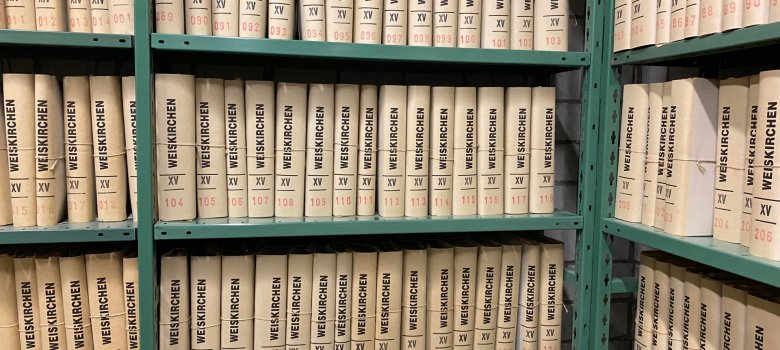
In the 1950s, the first documents were organised and finding aids created in the former municipal archives of Jügesheim, Dudenhofen, Nieder-Roden, Hainhausen and Weiskirchen. A second wave of cataloguing followed in the 1980s and 1990s.
The resulting finding aids largely represent the existing archive material up to 1977 and can be viewed for analogue research in the city archive.
The city archive is constantly growing through the obligatory submission of files created in the city departments. However, the use of these more recent official archive holdings is only possible to a limited extent due to the archival protection periods.
What can you find in the city archive?
The holdings contain a large number of archival documents relating to the city's history
- Official documents from the 18th century onwards
- Documents and official records
- Town, parcel and building plans
- Register of civil status
- Newspaper collections
- Visual materials (postcards, photos, etc.)
- Non-official archive material (organisations, events, etc.)
- Estates
- Regional archive library with a focus on Rodgau
- Historical administration library
The official archive records and non-official collections that have already been catalogued and released in accordance with the legal situation (embargo periods, copyright and data protection) are accessible.
Older and newer archive material is continuously catalogued using computerised finding aids.
Digital long-term archiving will be developed in the future.
Genealogy and family research
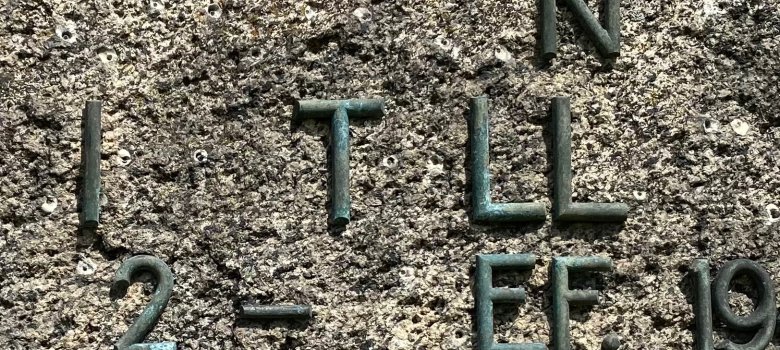
To find out more about who your own ancestors were and what stories there are to discover in the family's past, the town archive has the civil registers from 1876 onwards.
Be informed
- Birth registers older than 110 years
- Marriage registers older than 80 years
- Death registers that are older than 30 years
Birth, marriage or death certificates outside these deadlines can be obtained from the registry office of the town of Rodgau.
Information from the civil status registers is generally only provided following a written request (e-mail or letter).
The City Archive does not issue documents as defined by the Civil Status Act. It is possible to make (certified) copies from the archived civil status registers for a fee
- Copy per register entry € 12.50
- Notarisation € 3 each
In addition, the other archive holdings also contain a large number of personal documents that can be useful for genealogical research.
We are happy to support you with further information on genealogical research.
Good to know:
The Central Archive of the Protestant Church in Hesse and Nassau has published the baptism, burial and confirmation registers for the period from 1566 to 1875 on archion.de (subject to a charge).
Archive library
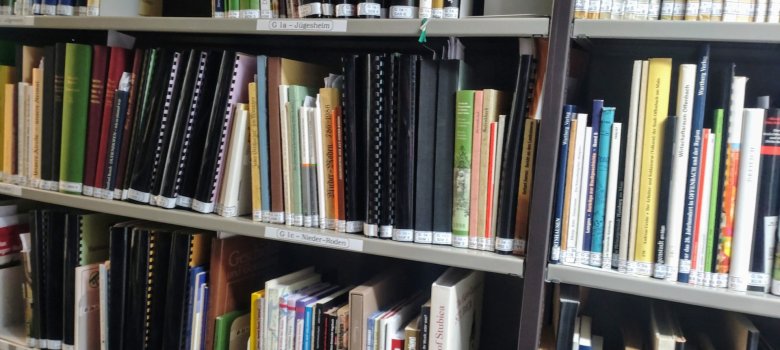
The city archive's reference library is divided into a regional and a historical section. Newspapers and magazines are shelved separately.
The collection area of the local history department includes
- Publications about Rodgau
- Publications from Rodgau
- Publications on or by Rodgau personalities
The history of the region and works on general history are also represented.
The Historical Administrative Library contains official and government gazettes from 1819 onwards, including the important Imperial Law Gazette of the democratic Frankfurt National Assembly of 1848/1849.
The media can only be used in the reading area of the city archive.
Own publication
The 2024 edition of the "Heimat X" exhibition catalogue is currently out of print. A new edition is being planned - interested parties can already pre-order the catalogue without obligation.
Pre-orders by e-mail to: stadtarchiv@rodgau.de
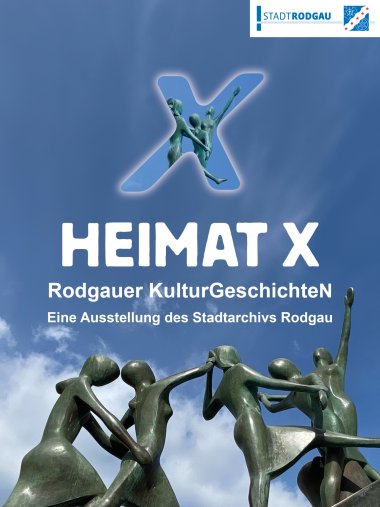
The city archive has produced a catalogue for the "Heimat X" exhibition in the Rektor-Geißler-Haus, which is available from the city archive for €10.
Contents of the catalogue:
- Past, present and future
- Home X
- Village lime trees and gall oaks
- Celebrate the Kerb
- Fresh and free gymnastics
- Homeland, propaganda and repression under the Nazi dictatorship
- Picture postcards are a mirror
Finds from the city archive
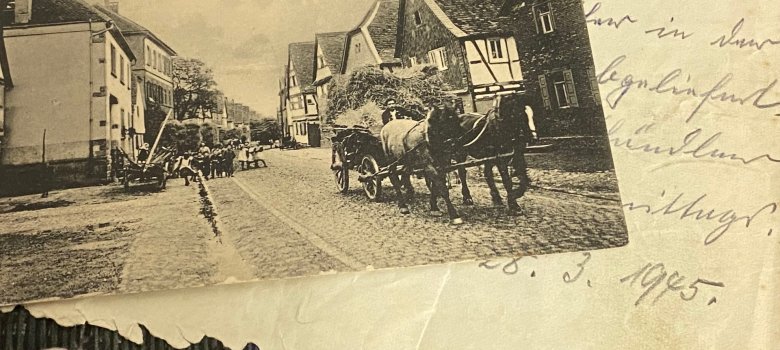
We will continue to present selected archival documents and provide interesting background information here.
Time capsule
The certificate in the wine bottle
For around seventy years, an old wine bottle served as a time capsule for a very special historical document.
The bottle was walled into the base of the memorial in honour of the Jügesheim soldiers who died in the Franco-Prussian War of 1870/71 at the beginning of the 20th century.The time capsule was discovered by chance in 1975 when the war memorial was moved from its original location on the corner of B45 and Seligenstädter Straße (today the corner of Dudenhöfer Straße and Kurt-Schumacher-Straße). The new location is on the edge of the old cemetery in Jügesheim.
The broken wine bottle contained a document dated July 1907 with handwritten notes by the mayor at the time, Franz Appelmann. Among other things, it described the population development in Jügesheim:
"The population at the last census on 1 December 1905 was 2087 souls. Among them were 43 Protestants and eight Israelites. The population is constantly increasing. The reason for this is the connection to the Rodgau railway. More than half of the workers are employed in Offenbach's factories. In addition, Jügesheim is quite strongly represented: Portefeuiller and ready-to-wear tailors. In 1899 there were four school classes here, this year there will be 8 (...)

StAR JÜ II Konv.2 Fasc.4